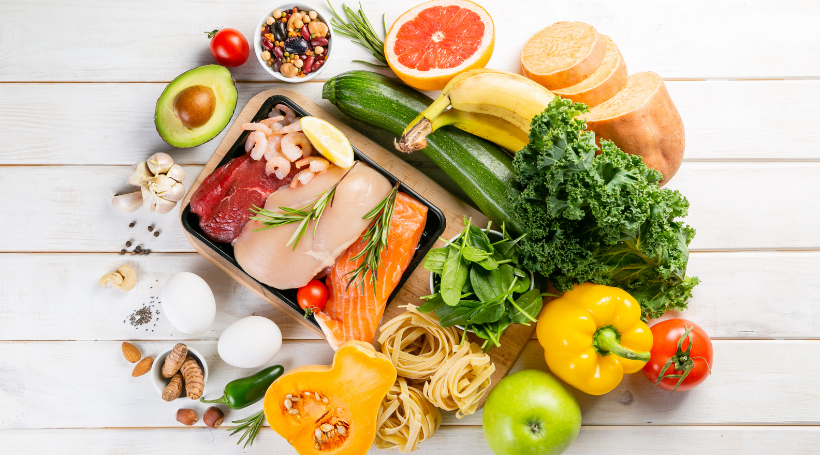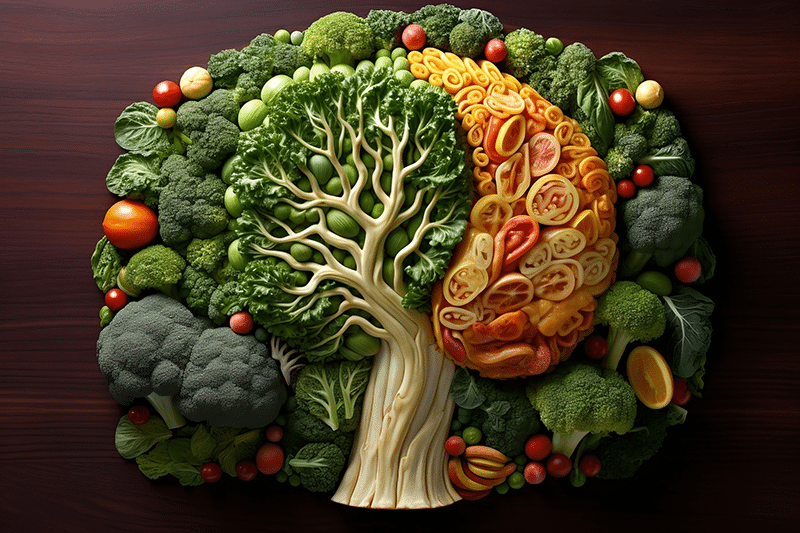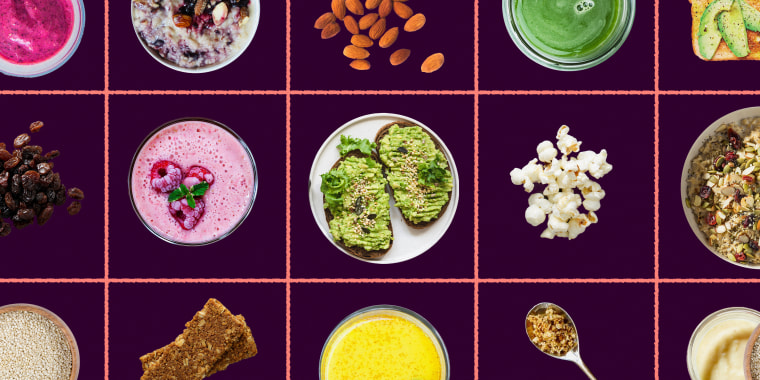In our fast-paced modern world, stress has become an ever-present companion for many people. But what if we told you that stress could be more than just a mental burden – that it could have a significant impact on your weight management? In this article, we will delve into the intriguing connection between stress and weight, exploring how the two are intricately linked in ways that may surprise you. So sit back, relax (or maybe not) and join us on this journey to uncover the hidden effects of stress on our waistlines.

Understanding the Relationship Between Stress and Weight Gain
Stress and weight gain are often closely intertwined, with stress being a common factor in the struggle to manage weight. The impact of stress on weight management can be significant, affecting both physical and emotional well-being. Understanding how stress can contribute to weight gain is essential in developing strategies to maintain a healthy weight.
One way in which stress can lead to weight gain is through the release of cortisol, a hormone that is produced in response to stress. Elevated cortisol levels can increase appetite, leading to overeating and weight gain. Additionally, stress can lead to emotional eating, where individuals turn to food as a way to cope with their feelings of anxiety or tension.
To combat the effects of stress on weight management, it is crucial to develop healthy coping mechanisms. Engaging in regular exercise, practicing mindfulness and meditation, getting an adequate amount of sleep, and seeking support from friends and family can all help reduce stress levels and prevent weight gain. By taking proactive steps to manage stress, individuals can improve their overall health and well-being.
The Role of Cortisol in Weight Management Under Stress
Stress does not only take a toll on our mental well-being but also affects our physical health, especially when it comes to weight management. Cortisol, often referred to as the “stress hormone,” plays a crucial role in how our bodies respond to stress and can impact our weight in various ways.
When stress levels are high, cortisol levels increase, leading to a cascade of effects that can influence weight gain or loss. Here are some ways in which cortisol impacts weight management under stress:
- Increased Appetite: Cortisol can stimulate appetite, particularly for high-calorie and sugary foods, which can lead to overeating and weight gain.
- Fat Storage: High cortisol levels can promote the storage of fat, especially in the abdominal area, making it difficult to lose weight.
- Metabolism: Cortisol can slow down metabolism, making it harder to burn calories efficiently, even when following a strict diet and exercise routine.
It is important to manage stress effectively to keep cortisol levels in check and support healthy weight management. Practices such as mindfulness, exercise, adequate sleep, and a balanced diet can help reduce stress and its impact on cortisol levels, ultimately supporting overall well-being and weight management.
Strategies for Managing Stress to Support Healthy Weight Maintenance
One important aspect to consider when striving for healthy weight maintenance is the impact of stress on our bodies. Stress can contribute to weight gain or hinder weight loss efforts, making it crucial to develop effective strategies for managing stress in order to support our overall health goals.
Here are some helpful :
1. Practice mindfulness and relaxation techniques such as meditation, deep breathing exercises, or yoga to reduce stress levels and promote a sense of calm.
2. Stay physically active through regular exercise, which can help alleviate stress and boost mood-enhancing endorphins in the body.
3. Prioritize self-care activities like getting enough sleep, eating a balanced diet, and engaging in hobbies or activities that bring joy and relaxation.
By incorporating these strategies into your daily routine, you can better manage stress and support your efforts towards maintaining a healthy weight. Remember, taking care of your mental and emotional well-being is just as important as focusing on physical health when it comes to achieving your weight management goals. As we conclude our discussion on the impact of stress on weight management, it is clear that stress plays a significant role in our body’s ability to maintain a healthy weight. By recognizing the sources of stress in our lives and implementing effective coping strategies, we can better manage our weight and overall well-being. Remember, a balanced mind leads to a balanced body. Take the time to prioritize self-care and stress management, and watch as your weight management journey becomes not just about physical fitness, but about holistic health and happiness. Thank you for reading and may you find peace and harmony in your pursuit of a healthier lifestyle.







